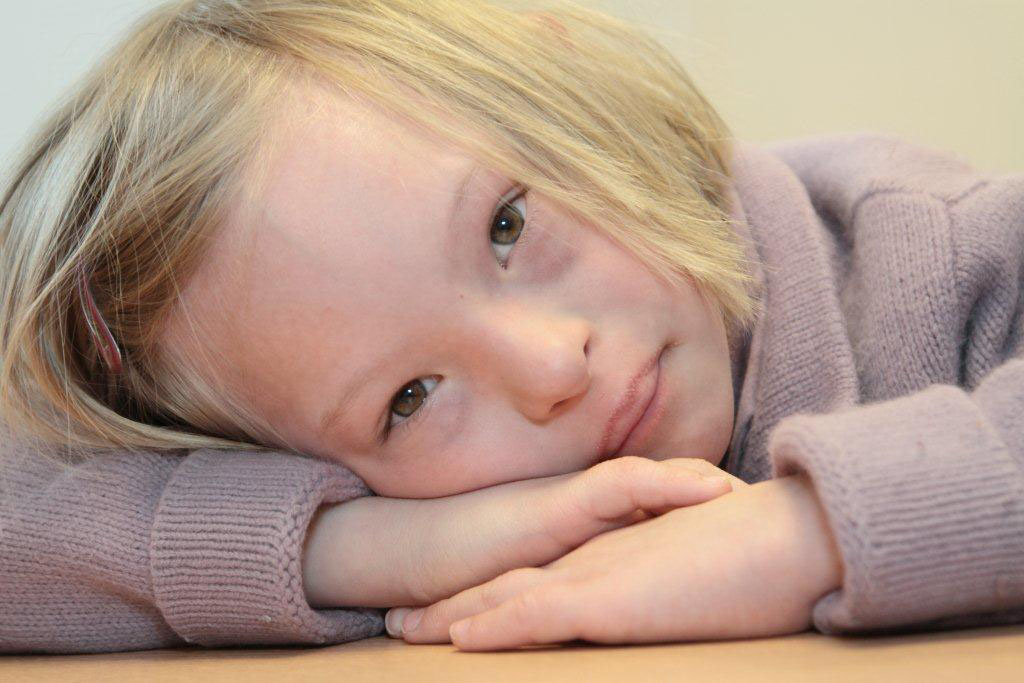21 March is World Down Syndrome day. This syndrome is the leading diagnosed cause of mental deficiency of genetic origin. On this occasion, the Famille Chrétienne magazine describes the action taken by the Institut Lejeune including its three missions to serve people with Down Syndrome – to care for them, train and conduct research.
Every year, more than 7,000 patients seek consultations “once or twice for the most vulnerable, very young or very old”. The patients are monitored throughout their lives via appropriate consultations which “take their time” to listen to and take care of “disabled people and their parents”. As the magazine emphasises,“this is a vital link for the families of these special patients, who are often disadvantaged”.
Doctor Marie-Odile Réthoré, who worked with Professor Jérôme Lejeune, points out that the challenges nowadays facing disabled people have changed: “Thanks to medical progress, we are faced with the first generation of Down Syndrome patients and their elderly parents!”
Nevertheless, it still deplores the stigma attached to these children and the burden that our society places on their parents: “Especially because prenatal diagnosis is available to parents and can be carried out during the 5th week of pregnancy”. She went on to add,“It’s a turning point in social ethics. (…) Soon, we will be able to tell any pregnant woman whether she is having a boy or a girl or if something is wrong with the child’s chromosomes.. Women will be able to demand abortion by personal convenience! Without any reflection period, the partner may not even know that the woman was pregnant”.
She regrets the direction taken by the medical profession: “Countless medicine students across the globe came to the Institut de progénèse (Progenesis Institute) (created in 1962 by Dr. Turpin) to work with Jérôme Lejeune. We have delivered vast numbers of courses and trained many students … they all invested in prenatal diagnosis”.
The Institute is currently leading ambitious “observational and therapeutic” research programmes such as the ACTHIF programme, which concerns over 250 patients, children from 6 to 18 months, and studies the effect of folic acids and thyroid hormone replacement on the psychomotor development of young people with Down Syndrome.
Famille Chrétienne (Ariane Lecointre-Cloix) 18/03/2015

